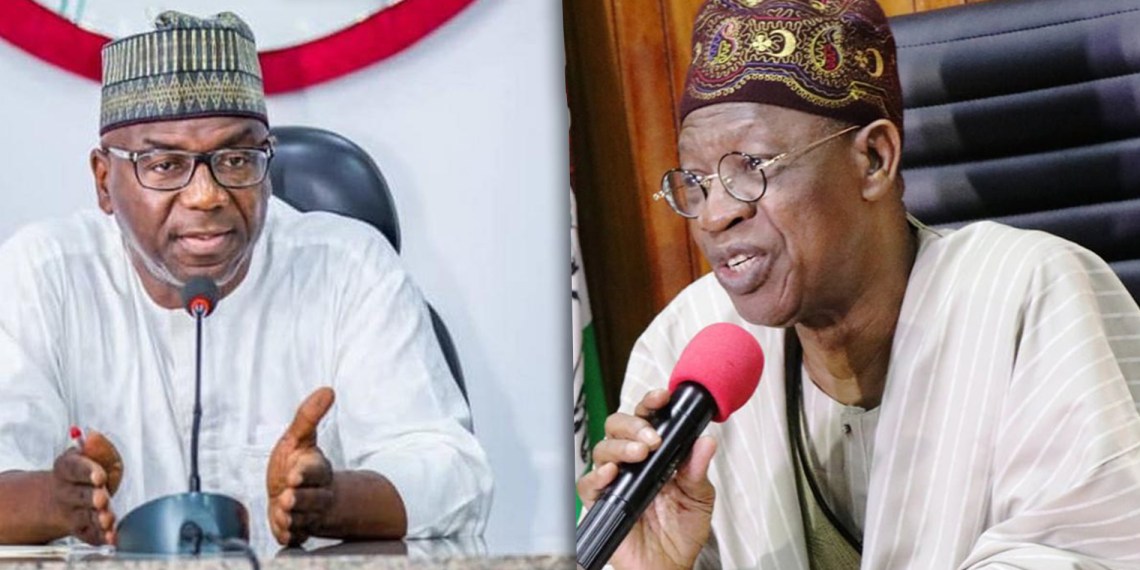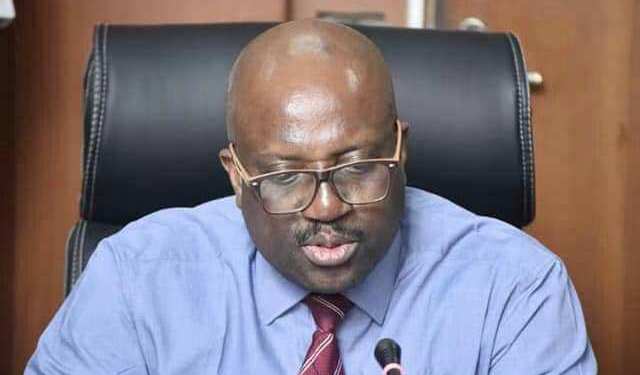- Nigeria to lose prospective 18000 jobs
By Chioma Obinagwam
Stakeholders have, once more, condemned the move by the National Assembly (NASS), Nigeria’s Law making body’s proposed amendment of the Nigeria Liquefied Natural Gas Limited (NLNG) Act (Fiscal, Guarantees, Assurances, and Incentives).
The amendment seeks to subject NLNG to 3 per cent Niger Delta Development Commission (NDDC) levy.
The bill which has already been passed by the lower chamber of the legislature- the House of Representative, will progress to the Senate(the Upper Chamber).
An eventual passage of the bill into law would come with grave consequences inimical to Nigeria’s economy, stakeholders lamented.
Apart from obstructing the Final Investment Decision (FID) which seeks the construction of two new gas trains-trains seven and eight, Nigeria stands to loose prospective 18,000 jobs that come with its construction, among other benefits.
Reacting to the development, one of the stakeholders, the Trade Union Congress (TUC) of Nigeria said: “On the proposed amendment of the Nigerian Liquefied Natural Gas (NLNG) Act by the House of Representatives, we believe it is a misplaced priority and it is not acceptable. Such amendment will impact negatively on the image of Nigeria, as the international community would perceive Nigeria as a country which does not honour its promises as well as one which does not take its call for foreign investments seriously.
The proposed amendment can directly affect some $25 billion worth of foreign investments as well as another 18,000 Nigerian jobs linked to NLNG’s Train 7 and 8 expansion programmes.”
“This will negate the job creation and job security policy being propagated by the current administration. The National Assembly’s proposed action will also not only affect recent gains made in the area of gas flaring which has reduced from 65 per cent to less than 20 per cent, but lead to the loss of up to $124 million annually payable as taxes and dividends to the Federal Government. NLNG is a made-in-Nigeria company competing globally and has been a huge success so far,” it emphasized.
Corroborating, the Minister of State for Petroleum Resources, Dr. Ibe Kachukwu also warned of its negative consequences.
He said: “NLNG is a successful Nigerian company, with an asset base of $11 billion as well as the fourth largest LNG plant in the world. It has generated $90 billion in revenues as at 2015, paid $5.7 billion in taxes as well as committed more than $200 million to corporate social responsibility projects especially in the areas of capacity building and infrastructure development. All these were achieved with a management staff entirely made up of Nigerians, with 95 per cent of the total workforce made up of Nigerians.”
“NLNG ability to attract future investments to maintain and grow the plant is being put in jeopardy by attempts to renege on promises that Nigeria gave to foreign investors that has enabled us attract $15 billion in foreign investment, and grown LNG capacity from a two Train complex to a six Train plant.
Whilst we have received support from the executive on the need to keep the sanctity of
the NLNG Act, the periodic attempts by the legislature to amend the clear promises made to investors will cost the country quite a lot,” he warned.
In the same vein, the Group Managing Director ( GMD) of Nigerian National Petroleum Corporation (NNPC), Dr. Maikanti Baru said that it would portray Nigeria’s investment climate in bad light.
“The review of the NLNG Act by the National Assembly is causing a challenge for the federal government and the IOCs and it is sending wrong signals to the international community about how business is done in the country,” he stated.
The Petroleum and Natural Gas Senior Staff Association of Nigeria(PENGASSAN) said that the amendment would erode investors’ confidence for the country.
“NLNG is a made-in-Nigeria company competing globally and has been a huge success so far. It is currently the 4th largest supplier of LNG in the world. NLNG is a pride to Nigeria and the country’s flagship company, with the model being considered for replication in various sectors of the economy. The proposed amendment of the NLNG Act is not in the interest of Nigeria and it is absolutely necessary that the Act is not amended as the imminent losses will far outweigh any doubtful gains; this is completely against what the country requires at this time and should not be allowed. It is essential that Nigeria as a country must be able to generate adequate confidence within the international investor community to sustain critical ongoing and future investment beginning with the stalled Brass and OK LNG projects,” the association advised.
Meanwhile, the General Manager, External Relations of the company, Kudo Eresia-Eke noted that contrary to popular misconceptions that the NLNG extracts gas directly from the ground, the company operates in the mid-stream sector and buys gas from the extractors, hence, should not be subjected to the 3 per cent NDDC levy, which applies to only those that extract raw materials or mineral resources from host communities.
He added that insistence by the NASS in amending the Act, would jeopardize the existence of a world class made-in-Nigeria company.
“NLNG succeeded largely due to the provisions of the NLNG Act, which gave investors the confidence to invest in the country. But with an amendment, that confidence will be eroded and jeopardize critical ongoing investments for the continuous survival of the company; critical among which is the $1 billion needed annually for the three years to guarantee the current operation of six existing Trains,” he decried.
The Nigeria Liquefied Natural Gas(Fiscal Incentives, Guarantees and Assurances) Act, is an Act that confers pioneer status on the Nigeria LNG Limited and to exempt the company from certain taxes, customs duties, other levies and the provisions of the Pre-Shipment Inspection of Imports Act and to provide for the guarantees and assurances by the Federal Government to the company and its shareholders.














 Business6 days ago
Business6 days ago
 Business6 days ago
Business6 days ago
 Education6 days ago
Education6 days ago
 Crime6 days ago
Crime6 days ago
 Covid-196 days ago
Covid-196 days ago
 Business6 days ago
Business6 days ago
 Latest4 days ago
Latest4 days ago
 Featured1 week ago
Featured1 week ago
